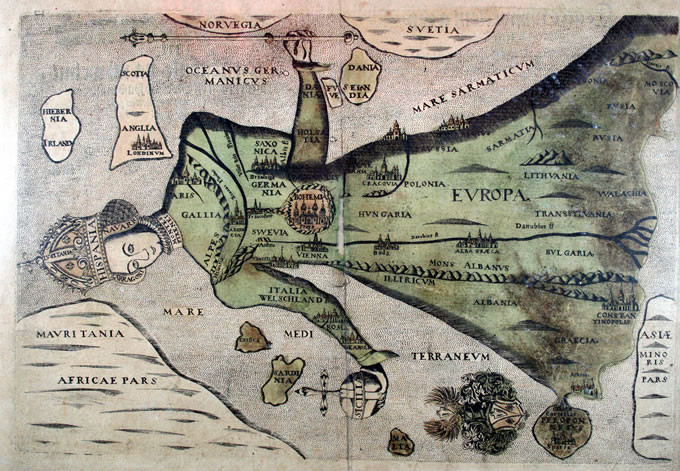
Edited conclusion and added the last paragraph since first posting this.
This is not about mythicism versus the historicity of Jesus. It makes no difference to me if Jesus was a revolutionary or a rabbi, lived 100 b.c.e., 30 c.e. or was philosophical-theological construct. All of that is completely irrelevant for assessing the validity of the fundamentals of how historians [ideally/should] work with sources. From what I have read of mythicist literature I think that few mythicists are any more informed of the basics of how a historian ought to approach sources than are most theologians and other historical Jesus scholars. Theologians have taken the lead in biblical studies and others approaching this field have fallen in step with the methods they have bequeathed.
Unfortunately theologians generally have the most to lose ideologically from any change in their methods and so are likely to be the most antagonistic to any criticism of their methods that comes from outside their guild. Not that valid historical methods will necessarily mean the demise of the historicity of Jesus. Far from it! But I do believe that valid historical methods will at least open up the question to potentially greater respectability; they will also make greater intellectual demands on theologians to justify their hypotheses and assumptions. Maybe there lies the great fear.
Recently I have posted a few extracts from historians giving basic advice on how historians should approach their sources. “From Reliable Sources” by Howell and Prevenier looks primarily (not exclusively) at written sources and Vansina is an authority on history derived from oral sources. Since I placed these quotations beside those of a theologian who asserts strenuously (though consistently with zero supporting evidence) that theologians do just what other mainstream historians do, I was accused of misrepresenting both the historians’ works I quoted and his own words that I quoted in full. It was even suggested I had not even read the books along with the sly hint that since I was a “lowly librarian” I was not qualified to quote anyone or comment on an academic question anyway. Such are the cerebral (intestinal?) responses from those who reluctantly look into a verbal mirror placed before them by one whose otherwise unrelated conclusions they despise (fear?).
The touchstone of all historical interpretation of a source is knowing its provenance. Yet this is the first hurdle historical Jesus scholars crash into. Historical Jesus scholars bypass the basic standards historians normally apply when approaching their sources and rely entirely on circular reasoning to establish what they need to support their hypotheses.
Let’s look again at what are the basics any historian worth his or her salt should first establish in order to know how to interpret a document and understand what sort of information can be validly gleaned from it.
Two caveats to the above, though.
- An increasing number of scholars, no doubt theologians among them, are now embracing valid historical methodology in relation to the Old Testament.
- Further, there are good histories and bad histories, diligent historians and lazy historians. My yardstick in this post for what constitutes good history is taken from works I have discussed in recent posts — an introduction to graduate students about to undertake serious historical research and various editions of an authority on oral history.
Certain Basic Matters
Here is some of what I quoted from Howell and Prevenier in my earlier post:
In order for a source to be used as evidence in a historical argument, certain basic matters about its form and content must be settled. (p. 43, emphasis mine)
What are some of these basic matters? They explain: Continue reading “Theologians Reject Basics of History: A Way Forward”


